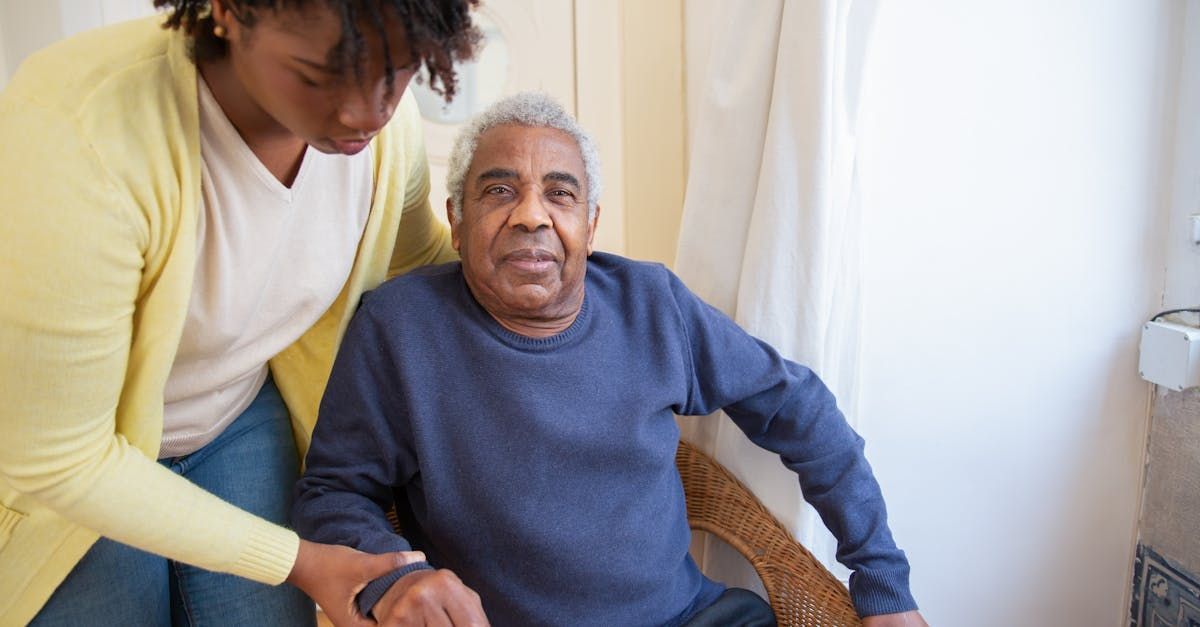End-of-Life Planning
Do not leave your end-of-life care to chance.
The best time to think about your end-of-life care options is when you are well and able. When you are unwell or mentally incapable, you will not be able to plan and sign the appropriate legal forms or appoint a Substitute Decision Maker (SDM). Advanced preparation will ensure that all your wishes are known to your SDM, caregivers, family and health care providers.
It’s not something we like to think about, but by doing it now, you ease the future burden of decisions that might have to be made under difficult circumstances by those who love and care for you.
Medical emergencies can occur at any time and leave you unable to make decisions for yourself. For example, a motor vehicle accident, stroke, heart attack, cancer, etc. Your advance directives will assert your right to choose what you want or do not want in the way of medical treatment and care should you not be able to make decisions yourself. It will assist and relieve your loved ones who are responsible for your care in selecting your treatments and help family members understand and support the decisions you would have made for yourself.
This gives you your wishes at your death and avoids aggressive, life prolonging medical interventions you may not have wanted. You may have a specific medical condition, for instance, for which you do not want all available treatments. An advance directive ensures your wishes are met.
Where are you in your health journey? Speak with your doctor, specialist or your health care giver seriously about your situation and your wishes.
Our focus at LiveWell Pathway is to intentionally encourage, support, and empower our clients and senior groups in leading a meaningful, purposeful life. And to assist in developing personal growth to become confident, prepared people who will and can make care decisions for themselves and be prepared when they cannot.
In your end-of-life plan, consider your values, beliefs and preferences for future healthcare, the types of medical treatments you want and do not want. and whom you would like as your Substitute Decision Maker. We recommend it to be someone who knows you well, who will respect your beliefs and values, and whom you trust to carry out your wishes.
Be comfortable and prepared so that your end-of-life care is on your terms.
I have told my loved ones all I want them to know, say and do with me at my end-of-life.
Decide now how you want people to remember you and treat you in the end.
For more information about end-of-life planning,
get in touch with us today.




